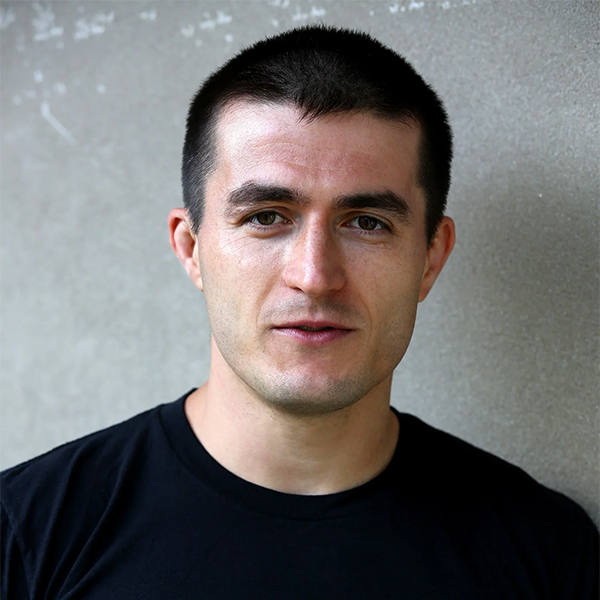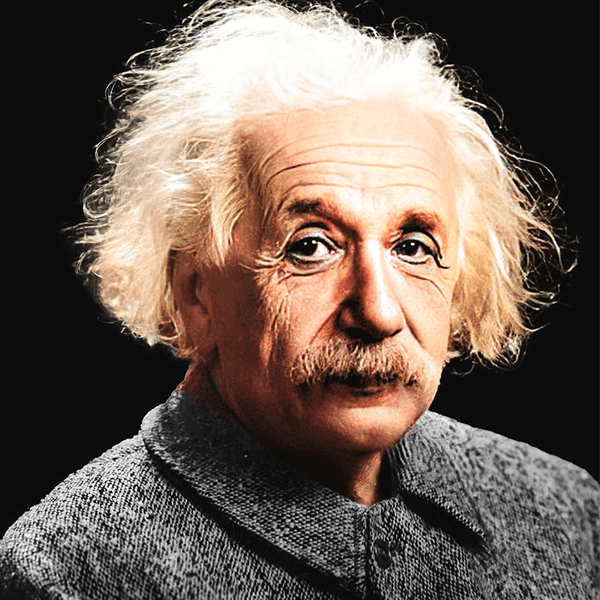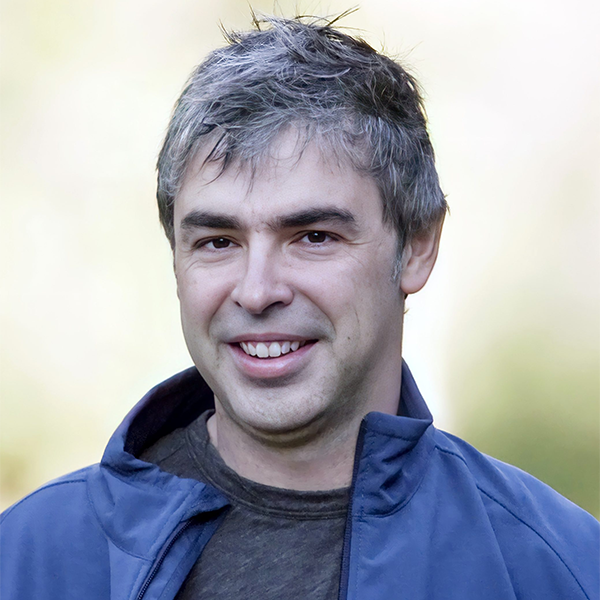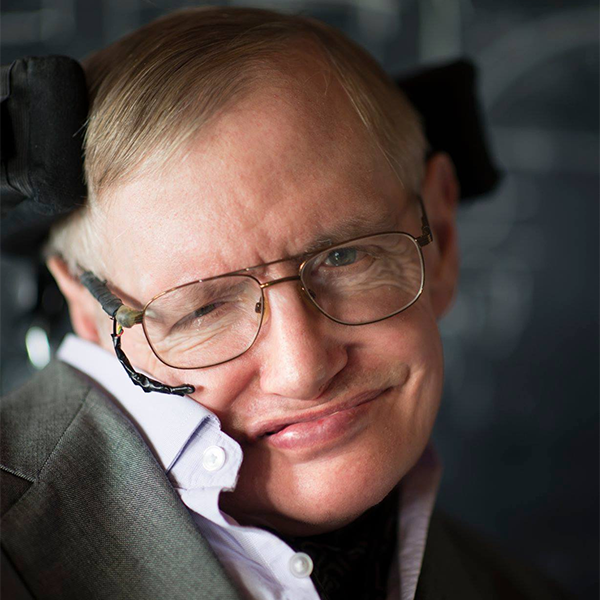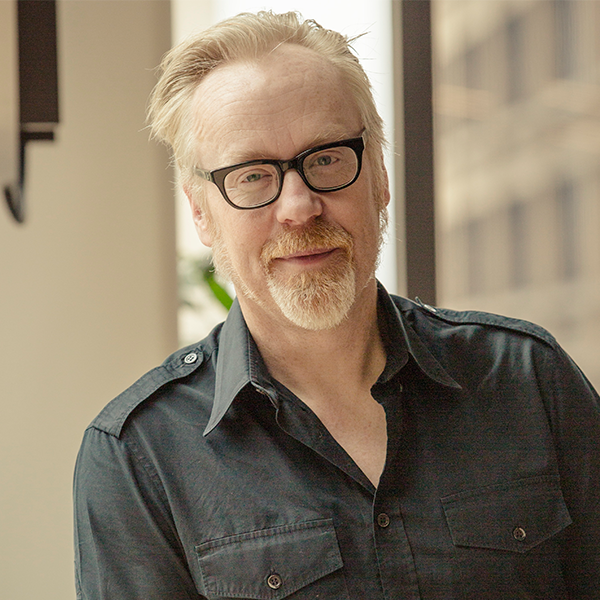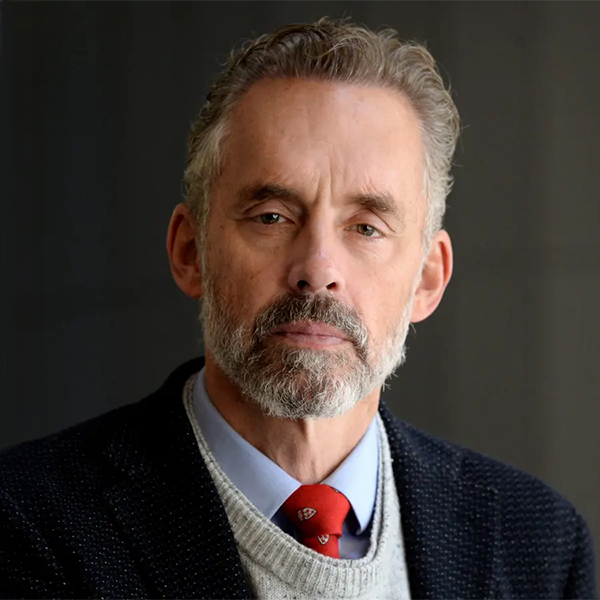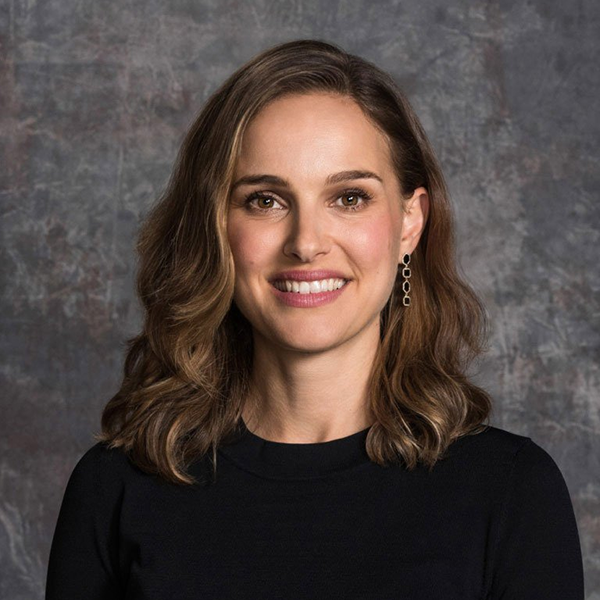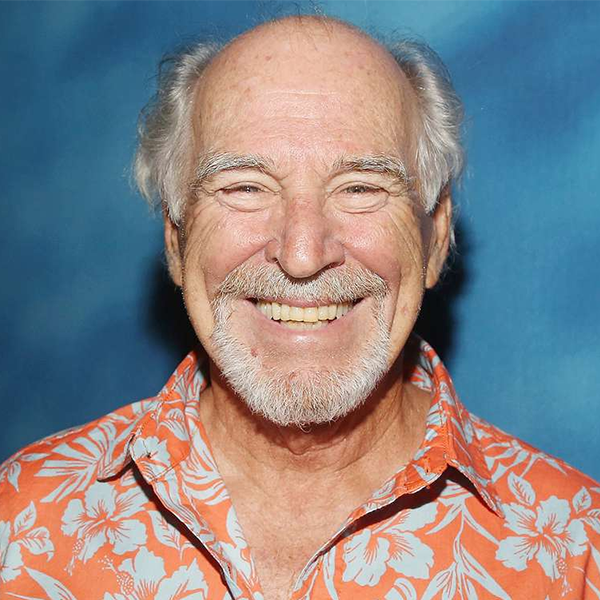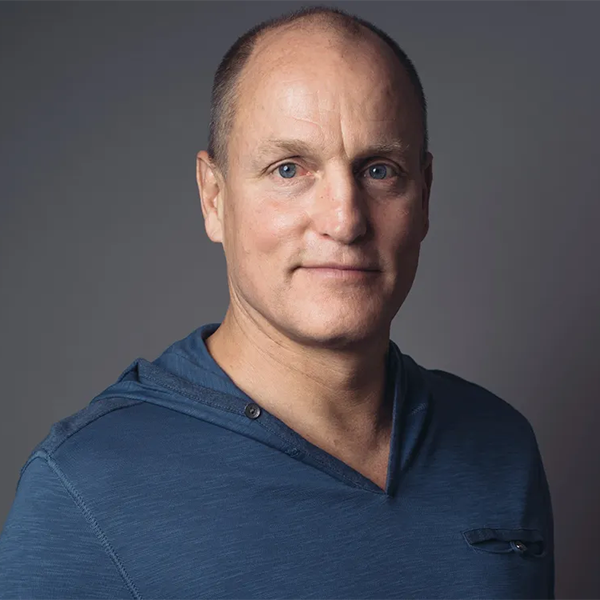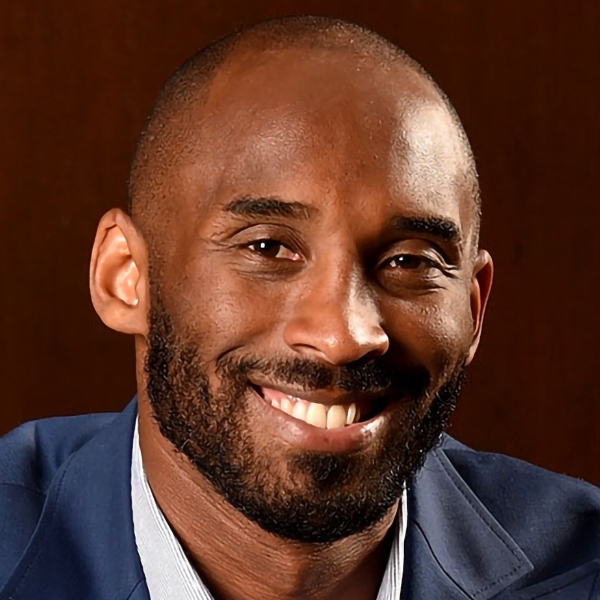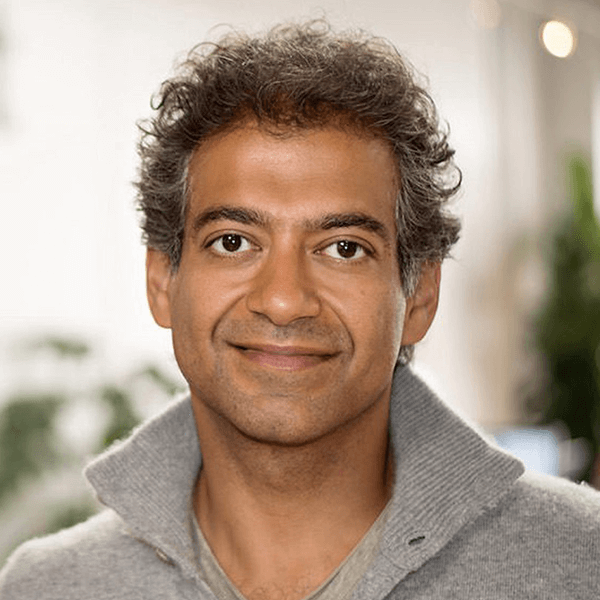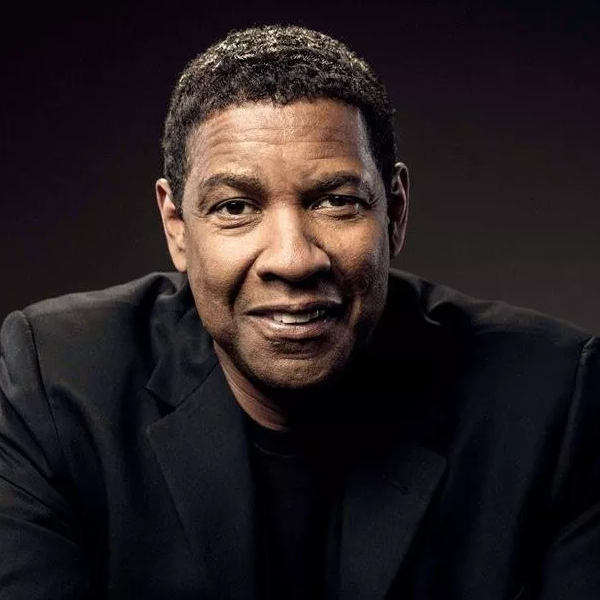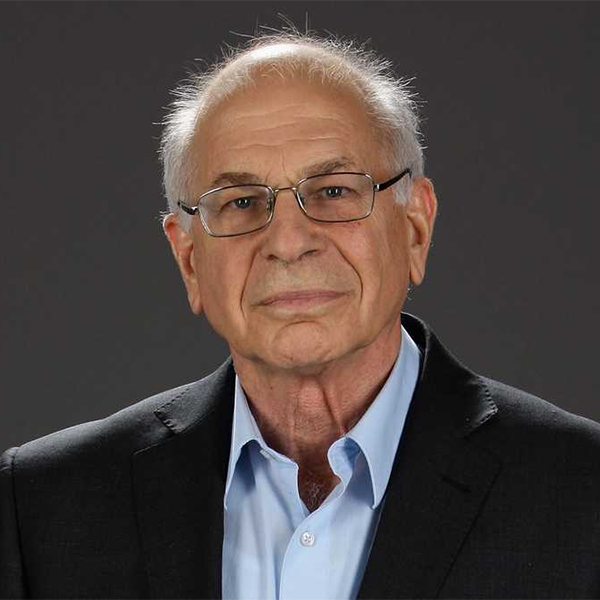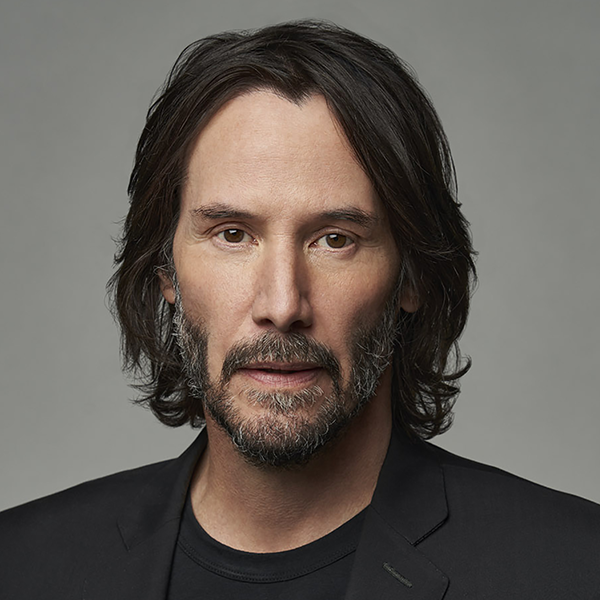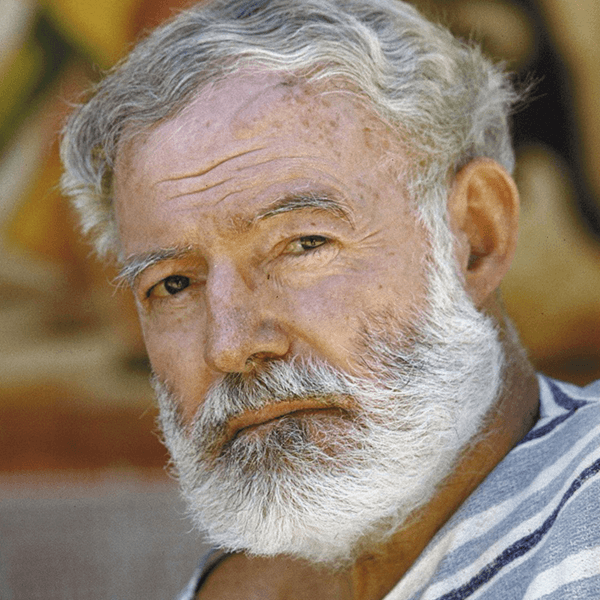Neil deGrasse Tyson is a celebrated astrophysicist, cosmologist, author, and science communicator, best known for his ability to engage and educate the public about the wonders of the universe. Born in 1958 in New York City, Tyson became interested in astronomy as a young child and has dedicated his career to expanding public understanding of science. He is the Frederick P. Rose Director of the Hayden Planetarium at the Rose Center for Earth and Space and a research associate in the department of astrophysics at the American Museum of Natural History. Tyson is particularly well-known for his television series "Cosmos: A Spacetime Odyssey," a follow-up to Carl Sagan's "Cosmos" series, which adeptly simplifies complex scientific concepts for general audiences.
❝For me, I am driven by two main philosophies: know more today about the world than I knew yesterday and lessen the suffering of others. You'd be surprised how far that gets you.❞ — Neil deGrasse Tyson
Tyson's enthusiasm for science is paralleled by his love for reading, particularly science fiction, which he credits with expanding his imagination and understanding of scientific possibilities from a young age. His books, including popular titles like "Death by Black Hole" and "Astrophysics for People in a Hurry," showcase his knack for making science accessible and entertaining. Tyson often discusses the importance of reading not only for gaining knowledge but also for nurturing curiosity and critical thinking skills—traits essential for scientific inquiry and innovation.

